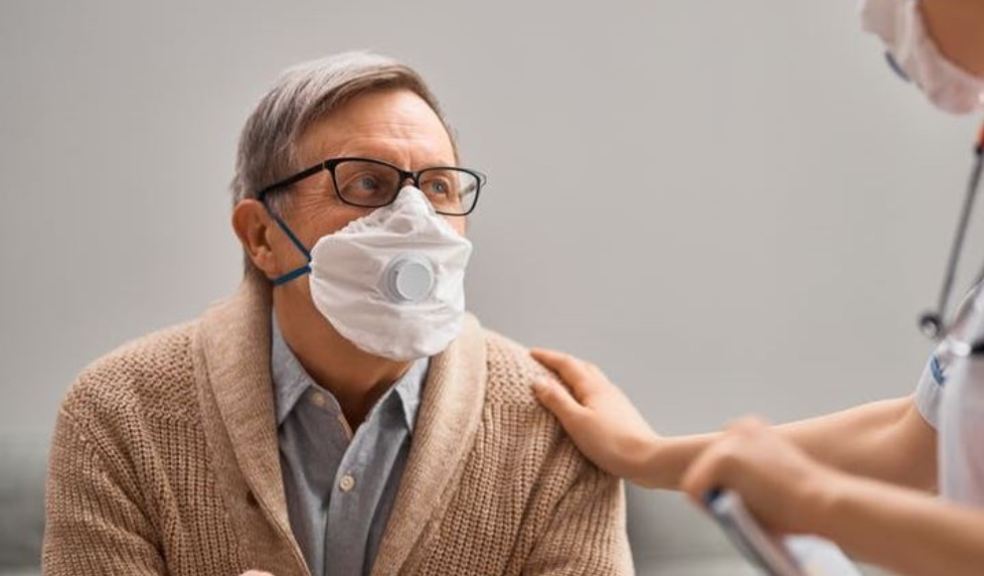
Care home pilot scheme to ease shortage of Occupational Therapists
An innovative pilot scheme aims to ease the shortage of Occupational Therapists (OT) in Devon by giving clinical students hands-on experience in new social care settings where placements have not previously been available.
Supported by Devon County Council and funded by Health Education England, Devon’s Clinical Placement Expansion Programme (CPEP) is trialling employing a retired OT to provide distant supervision to two students on placement at two Barnstaple social care settings.
The pilot is at Silver Hill, an older people’s day service, and at Greenfields which, alongside the Reaching for Independence service, supports working age people with learning and/or physical disabilities.
If the pilot is successful, the model could then be expanded offering Allied Health Professionals and nursing students more learning and recruitment opportunities and expand the workforce in the future.
Occupational Therapists help people to overcome barriers caused by ill health or disability and help them to increase their independence.
However, there is a local and national shortage of OTs and although Universities have increased their intake, pressures linked with Covid and increased referrals have resulted in a shortage of experienced OTs to offer placements.
This shortage could prevent students from becoming fully qualified and entering the workforce. The pilot provides students with an opportunity to develop their skills while working with experienced and knowledgeable care staff.
Councillor James McInnes, Devon County Council’s Cabinet Member for Adult Social Care & Health Services said: “Hosting these students’ placements in Devon County Council may result in them opting to work in the social care sector and may encourage social care providers to see the benefits of employing allied health professionals such as physiotherapists, dieticians, and OTs within their services. This will help to support numerous workforce challenges that have emerged because of the pandemic.”
Della Norris, the Regional Occupational Therapy Student Placement Expansion Lead at Devon, and Somerset County Councils said: “The aim of the pilot is to expand the number of students we can support in new care settings in Devon County Council alongside more traditional placement models, giving students the opportunity to experience social care and supporting us to ensure that we have the workforce we need for the future while reducing the pressure on frontline staff.
“By being immersed in a social care setting and working alongside social care professionals it will help them to gain a broader understanding of a person’s holistic needs and support the development of an integrated health and care system.”
Terrie Chaplin, the CPEP Lead said: “We hope that this model of tapping into the skills, knowledge and experience of a retired professional can be used across many different settings. What we learn from this pilot will inform the rollout of similar schemes across a range of social care services next year.”
Oesa Astley, 19, an undergraduate at the University of Plymouth said: “It’s been a valuable experience and I enjoyed working at Greenfields, but it was very different. You do not have an occupational therapist on site, no one to shadow in your exact profession. This means I had to use my initiative.
“But this presented opportunities. It gave me the chance to learn some valuable, transferable skills and gave me an insight into social care. In particular it helped me develop my communication skills and learn how to build a rapport not only with staff but with service users, using a variety of ways to engage the people I was helping.”
Emma Swain, 50, is also studying at the University of Plymouth, and said: “You do have to find your own way a bit, with the guidance of care staff and managers and a long arm supervisor. “The manager and staff at Greenfields have been a real inspiration to me, in the care they provide. It’s confirmed to me that I’d really like to work with people with learning disabilities once I graduate.
“Working with Oesa was good because we could share ideas and we had more freedom to develop ourselves which helped me develop my autonomous practice.
“The pilot also gave me the opportunity to see a much broader perspective of social care. I also got to use my skills as a guitarist to bring live music into Silverhill!
“This was something the service users missed due to Covid, and It was great to be a part of that experience and seeing the benefits of music with dementia patients.”













